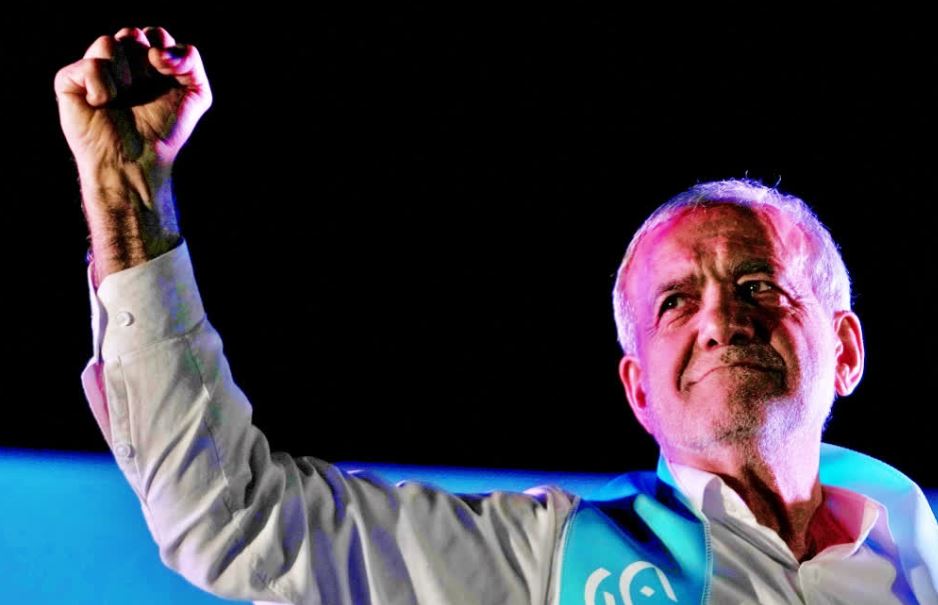The recent victory of Masoud Pezeshkian in Iran’s presidential run-off has emerged as a transformative event amidst the country’s complex socio-political landscape. As a reformist candidate advocating for dialogue and moderation, Pezeshkian’s ascent marks a pivotal shift from conservative dominance to a new era of potential reforms and international engagement.
Political Context and Electoral Dynamics
Rise of Reformist Sentiments
Iran, a nation beset by economic challenges and internal dissent, witnessed a surprising turn with Masoud Pezeshkian’s triumph over conservative stalwart Saeed Jalili in the July 5th run-off. This electoral upset underscores a significant departure from the entrenched conservative control that has characterized Iran’s political sphere in recent years.
Challenges and Reformist Agenda
Economic Imperatives
Pezeshkian’s platform resonates with a populace weary of economic stagnation and social restrictions imposed by the conservative establishment. His advocacy against moral policing and support for women’s rights signals a departure from traditionalist policies, promising a more inclusive approach to governance.
Global Engagement and Nuclear Deal
Diplomatic Outreach
Central to Pezeshkian’s agenda is the revival of diplomatic relations, particularly with Western powers, to reinvigorate the stalled 2015 nuclear deal. His commitment to dialogue with the West reflects a broader strategy to alleviate Iran’s international isolation and foster economic rejuvenation through sanctions relief.
Public Mandate and Challenges Ahead
Public Expectations
With a robust mandate from voters, Pezeshkian faces the daunting task of navigating Iran’s intricate political landscape, where executive powers are constrained by the overarching authority of the Supreme Leader and clerical establishment. Nevertheless, his electoral triumph signifies a public demand for gradual reforms and enhanced transparency within theocratic governance structures.
Conclusion
In conclusion, Masoud Pezeshkian’s victory in Iran’s presidential election heralds a new chapter in the nation’s political trajectory. By advocating for reformist policies and proactive engagement with the international community, Pezeshkian charts a course that could potentially steer Iran towards stability and progressive change. As global stakeholders observe these developments, the implications of Iran’s internal political dynamics resonate far beyond its borders, shaping regional dynamics and global diplomacy.
Summary Table
| Key Learning Points |
|---|
| Masoud Pezeshkian’s reformist victory in Iran |
| Implications for Iran’s domestic and foreign policies |
| Challenges and opportunities for reform under theocratic governance |
| Global reactions and potential outcomes of nuclear deal revival |

Sunil Garnayak is an expert in Indian news with extensive knowledge of the nation’s political, social, and economic landscape and international relations. With years of experience in journalism, Sunil delivers in-depth analysis and accurate reporting that keeps readers informed about the latest developments in India. His commitment to factual accuracy and nuanced storytelling ensures that his articles provide valuable insights into the country’s most pressing issues.



